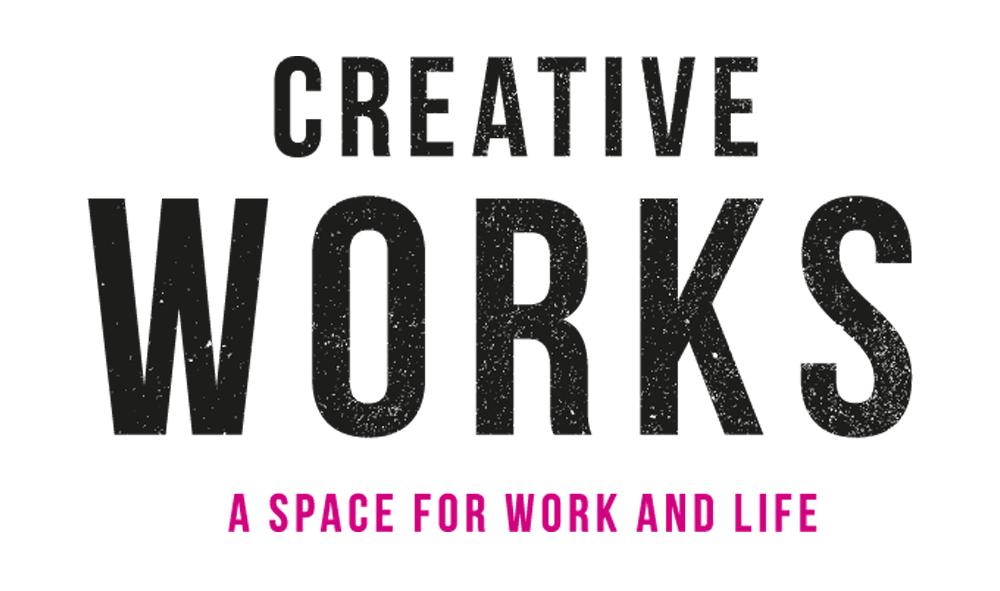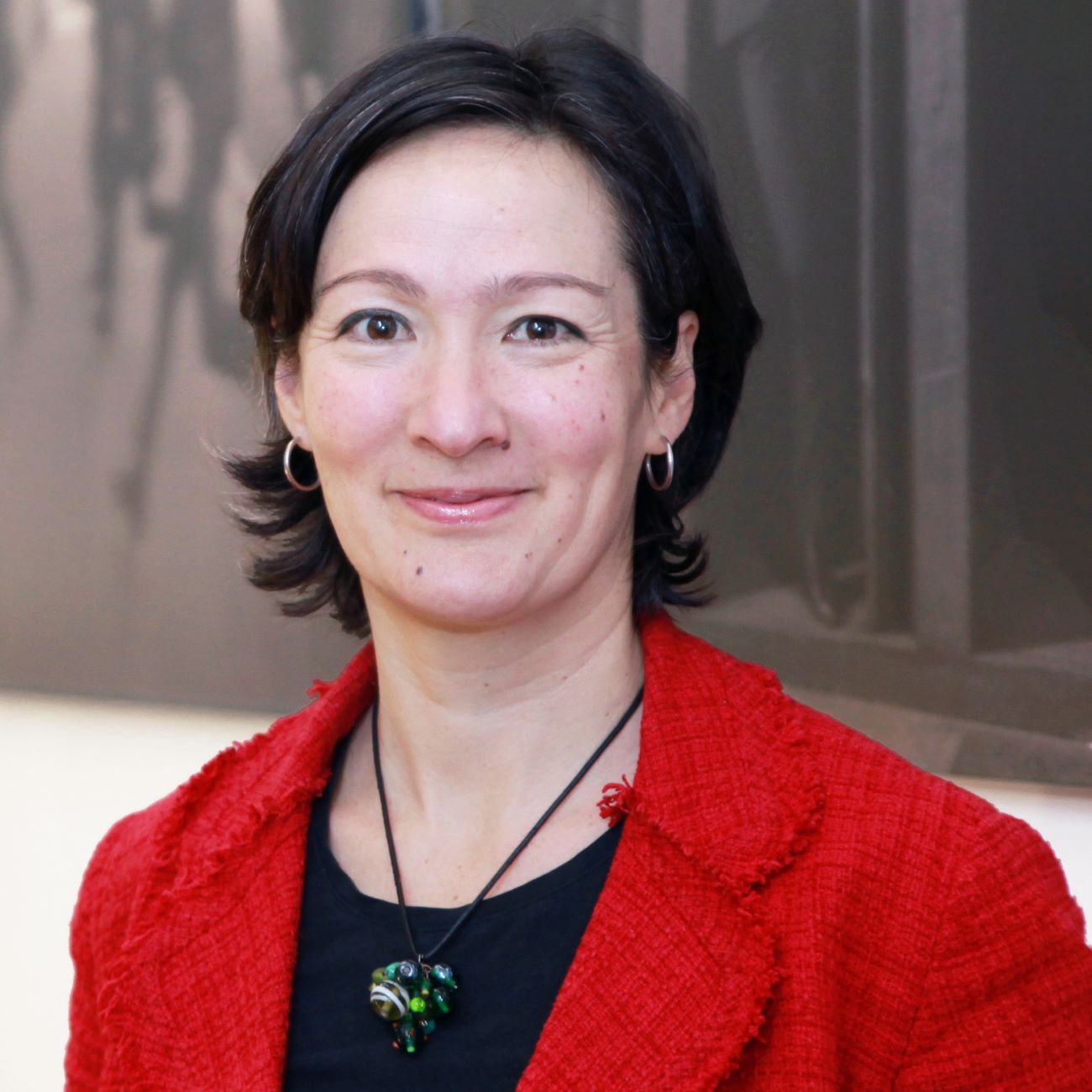
As sustainability becomes a top priority for businesses worldwide, many small and medium-sized enterprises (SMEs) are left wondering: Where do we even begin?
In a recent interview with Creative Works, Madelyn Postman, co-founder of sustainability consultancy Grain, offered practical insight rooted in two decades of experience helping purpose-led businesses find their stride. From reshaping mindsets to redefining impact, she shares a framework for transformation that begins at the heart—and extends to the boardroom.
Originally a branding and design firm, Grain was able to evolve into a sustainability consultancy. Madelyn informed us that they started with projects aligned with their values, such as naming a compostable plastic and branding a handbag-sharing platform.
However, Grain wanted their work to reflect their values and have a more significant impact. The turning point came in 2020 when Madelyn completed the Cambridge Institute for Sustainability Leadership course. Grain relaunched as a sustainability consultancy and has since joined 1% for the Planet, become a B Corp, and taken a lead role in supporting purpose-led transformation.
Madelyn’s influence extends beyond her consultancy work. She is an active member of several boards, including 1% for the Planet and the Union of Steward Employee Owners (USEO). Her approach focuses on systems change and harnessing the power of community. Madelyn emphasises the importance of collaborative learning and creating awareness through meaningful conversations. She believes that by building and engaging in these networks, individuals can amplify each other’s efforts and drive greater collective impact.
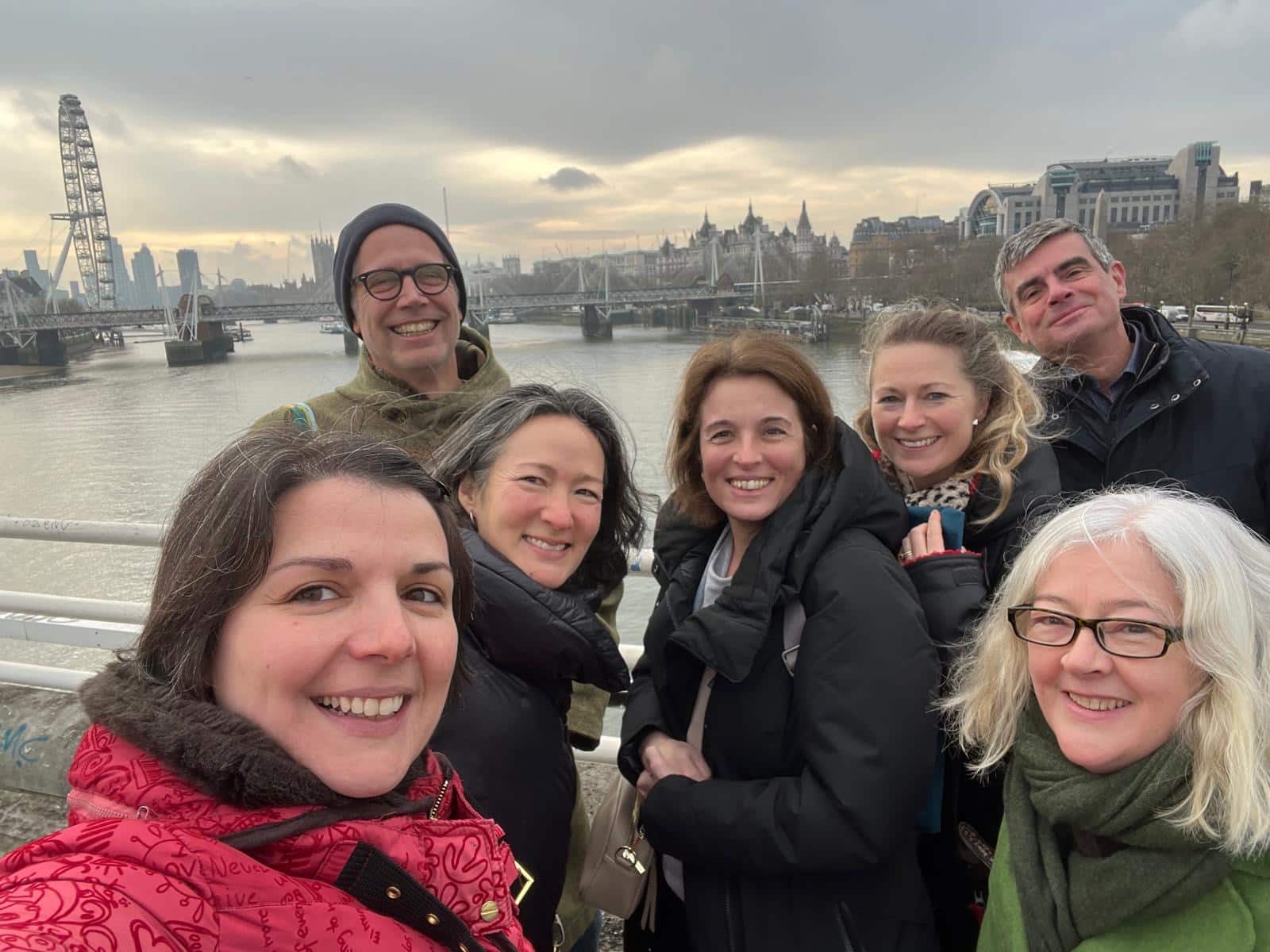
Madelyn and colleagues at GRAIN, London 2025.
Start With the Heart: A New Framework for Climate Action
Madelyn recommends a straightforward yet powerful framework known as ACT for overcoming eco-anxiety and starting your sustainability journey:
- A is for Authenticity – Madelyn emphasizes the importance of reflecting on how climate change makes you feel. It involves understanding your personal relationship with the environment, considering your emotional responses, and acknowledging them.
- C is for Commitment – Madelyn advises shifting your focus to the intellectual aspects of sustainability by seeking the information you need. This could include educating yourself about what is possible and identifying where your business can make a positive impact.
- T is for Tools – This is all about taking action. Look for simple steps you can implement, such as switching your bank, reducing high-impact foods, minimizing flying, and engaging in conversations with others. Emotional support from your community is another vital resource.
Debunking ESG Myths in Professional Services
The notion that small professional services firms do not have significant environmental footprints (or influence) is a persistent misconception Madelyn encounters. While their direct emissions may be lower, their potential for advocacy and client influence can be substantial.
Madelyn proposes that they choose purpose-led work, be selective with clients, and focus on local community and diversity practices. She also highlights a concept the climate action community refers to as the triangle of inaction—where individuals blame businesses, businesses blame the government, and the government blames consumers. “We need to break that cycle. The question becomes: What can I do directly? What’s in my circle of influence?” states Madelyn.
The Triple Bottom Line (People, Planet and Profit)
According to Madelyn, Patagonia is a classic example of a business that successfully balances people, planet, and profit. As a co-founder of 1% for the Planet, Patagonia donates 1% of its revenue to environmental nonprofits, has restructured its governance to focus on sustainability, and operates a repair service to extend the lifespan of its products.
Madelyn also emphasizes MUD Jeans, a Dutch denim brand built on circular economy principles. From ethical sourcing to rental and upcycling programs, these two organizations exemplify a thoughtful approach to every aspect of their operations, including water usage and supply chain management.
From Jargon to Action: Making ESG Meaningful
Terms such as sustainability and purpose-led can often seem vague. Madelyn encourages SMEs to clearly define what these terms mean to them personally (and organisationally) to ensure authenticity remains at the core of their sustainability efforts. Madelyn recommends starting with the B Corp impact assessment, a free tool that helps businesses identify their optimal potential for positive change.
For a more structured approach, Madelyn also suggests a materiality assessment, although she notes it is often better suited to medium-to-large businesses. For those starting their sustainability journey, a Climate Fresk workshop or carbon literacy training offers immediate, accessible education in just a few hours.
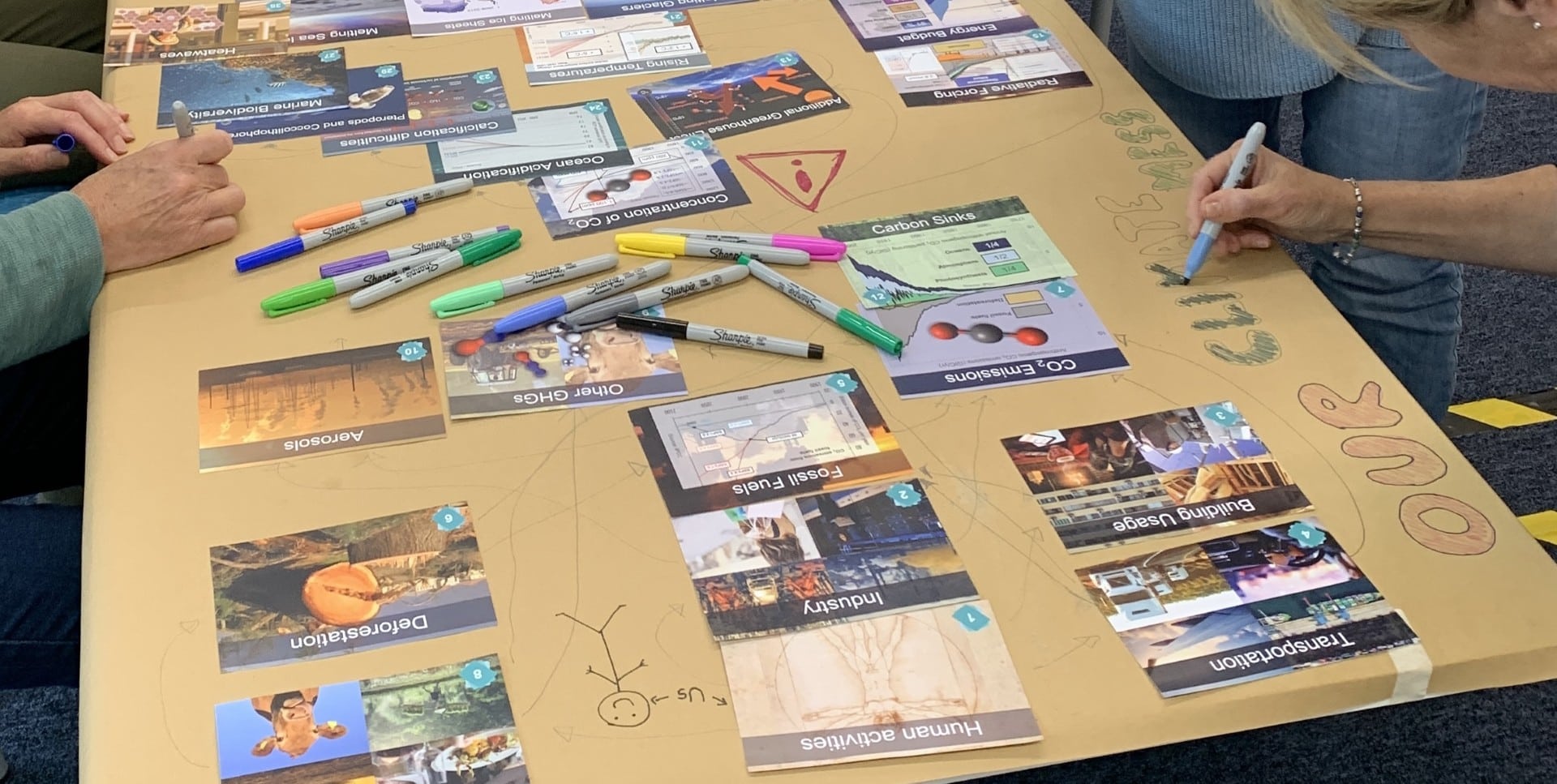
A Climate FRESK in action
Although deeply immersed in sustainability and climate action, Madelyn insists that creating change does not have to be overwhelming:
“I believe in small steps, knowing where you’re going, and taking breaks when you need to. You can’t fuel others if you’re running on empty.”
All About Madelyn
Madelyn Postman is Joint MD of Grain Sustainability, a consultancy founded in 2002 with the mission to help businesses champion people and the planet. Grain is a B Corp and a member of 1% for the Planet. Madelyn serves on the boards of Fluo Technologies, 1% for the Planet, and the Union of Steward Employee Owners. In her free time, she writes fiction and creative nonfiction. Her work has been published by Simon & Schuster Australia.
